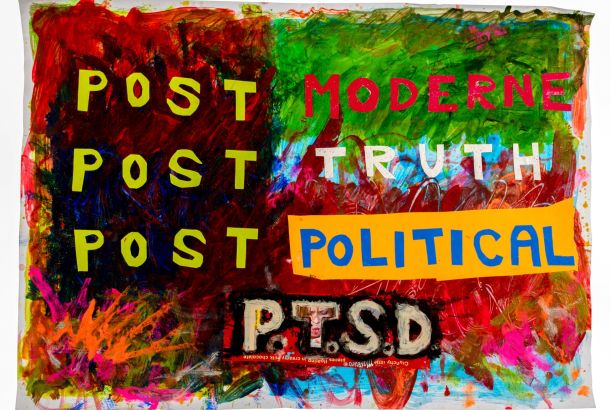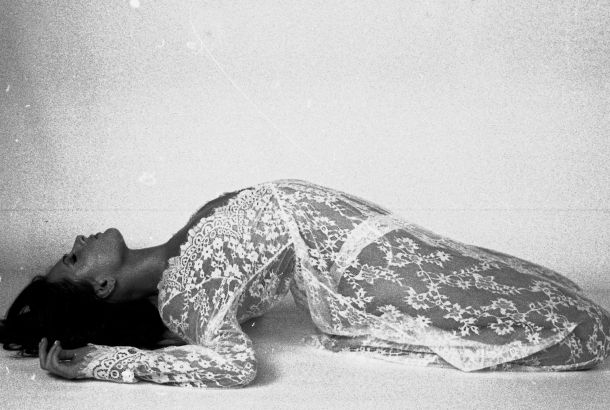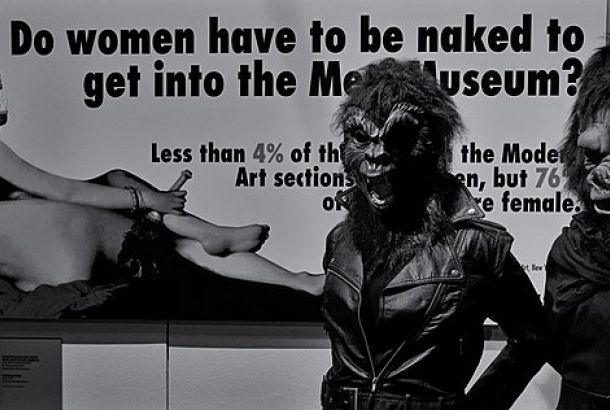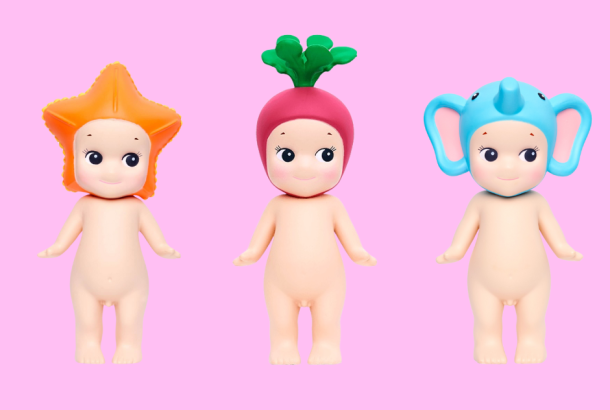Society as the Self: Social Influences Over Creative Culture
By Jack Sheen
Ever since I’ve come into contact with creative people, I’ve always been shuddered slightly at those who claim to ‘express themselves’. The idea of art being a self expressive tool for the artist is ultimately one of the Romantic period, where musicians, writers and artists saw their work going beyond its aristocratic social function and becoming worthy of self sufficient greatness, along with themselves. Since then, Romanticism has gone somewhat out of fashion. Continually deconstructed through various progressive trends, it’s expressive notions nowadays polarize artists and audiences into those or see it as a lost ideology of better times, and those who cringe at it’s remaining presence within contemporary culture. Yet discussions on the extent of which art is or can be itself a form of self expression is a bit of a red herring, as ultimately all artworks are intrinsically intertwined with the subjective mind of it’s maker. Perhaps a more pertinent question would be what do we really mean when we speak of the ‘self’ in ‘self expression’?
Alongside an inherent biological makeup, I believe that people today are essentially built out of the world within which they live; the architecture of one’s social, cultural and moral values rises from one’s experience of and involvement with these factors. This is perhaps most obvious within the arts. Those who have been brought up on the grand scale and complexity of five hour Wagner operas may find it difficult to adapt their modes of listening and musical concepts to a short, economic pop song by Beyonce, just as those who indulge in Renaissance portraits may be baffled by the abstract expressionist paintings of the 1950s. Much post-modern art deliberately plays with this idea, conceptually grounding itself in challenging what people see the arts to be aesthetically and socially. Thus, perhaps when we say ‘self’ expression, we really refer to a manifestation of the sum of our socio-cultural influences and the world within which we work. This idea goes beyond just culture, summating our entire interaction with the world as a series as determined social causes and personal effects; there is just as much ‘self expression’ creating art as there is ordering a cup of coffee, it’s all a ramification of your surroundings.
Despite this pedantic approach, the above conclusions have quite a severe affect on how we generally perceive the arts. Firstly, it shatters the image of the artist as an egocentric idol. Although rare virtuosic talent and craft is something to admire, it becomes much more relatable when one sees it as channeling a social product which we can analyse and empathise with, removing the intimidating pedestal upon which artists are placed. Art can also be seen as an effective historical tool, capturing not merely the personal emotions of an autonomous artiste, but preserving the sentiments produced by the socio-cultural environment which was felt by many.
Ultimately, art’s meaning thus transcends being a cultural commodity and becomes an important document and dialogue with society’s highs and lows. Once the narcissistic rug of personal expression which artists ground themselves on is swept away, comprehension becomes much more immediate and transparent, creating culture which no matter how cerebral or difficult it is, is ultimately an empathetic and universal one.







